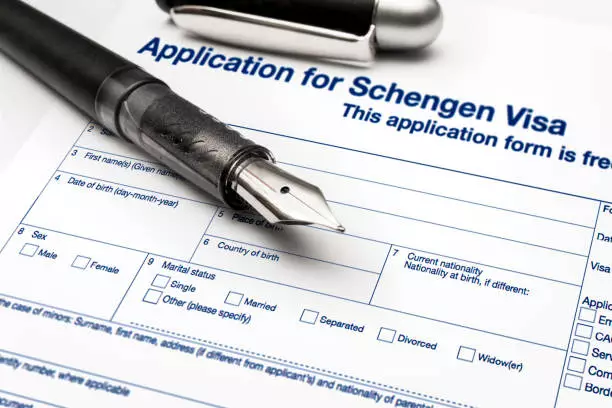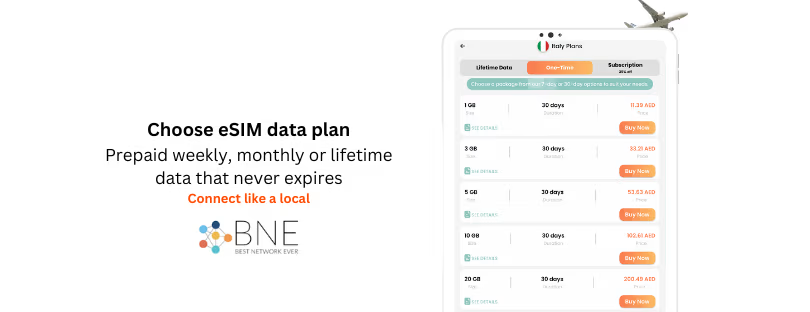
Schengen Visa Application Tips: A Comprehensive Guide
Applying for a Schengen visa can be a complex process, but with careful preparation and attention to detail, you can increase your chances of approval. Schengen Visa Application Tips
Whether you’re planning a vacation, business trip, or visiting family, following these Schengen Visa Application Tips will help you navigate the application smoothly and avoid common pitfalls.
1. Understand the Type of Schengen Visa You Need
The Schengen visa covers 27 European countries, and there are different types based on the purpose of travel. The most common types include:
- Tourist Visa: For leisure travel and sightseeing.
- Business Visa: For attending meetings, conferences, or business events.
- Family Visit Visa: For visiting relatives or friends.
- Student Visa: For educational purposes, such as short-term courses or training programs.
- Medical Visa: For medical treatment in a Schengen country.
Knowing which visa type applies to your trip ensures you submit the right documentation.
2. Apply at the Correct Embassy or Consulate
You must lodge your application for a Schengen visa at the consulate of the country you intend to visit.
- Visiting more than 1 Schengen countries: apply at the consulate of the country where you will spend the longest time.
- Visiting several Schengen countries (for stays of equal length): apply at the consulate of the first country you will visit.
As a general rule, you must apply for a Schengen visa at the consulate with territorial responsibility for the country where you are legally resident.
3. Apply Early to Avoid Delays
Most Schengen countries allow you to apply up to six months before your travel date (or nine months for seafarers). It is advisable to apply at least 4-6 weeks before your trip to allow for processing time and potential delays.
4. Gather All Required Documents
The required documents vary by country and visa type, but the essential documents include:
- Valid Passport: Must be valid for at least three months after your return date and have at least two blank pages.
- Completed Visa Application Form: Fill it out accurately and truthfully.
- Passport-sized Photos: Recent and meeting Schengen specifications.
- Travel Itinerary: Flight reservations, hotel bookings, and travel plans.
- Travel Insurance: Coverage of at least €30,000 for medical emergencies, valid in all Schengen countries.
- Proof of Financial Means: Bank statements, salary slips, or a sponsorship letter proving you can afford your stay.
- Employment Proof: A letter from your employer, business license (if self-employed), or a student certificate if applicable.
- Invitation Letter (if applicable): If visiting family or attending an event, a letter from your host may be required.
5. Book Flights and Accommodation Carefully
Most consulates require proof of travel reservations. However, do not purchase non-refundable tickets before visa approval. Instead, book refundable reservations or hold temporary bookings through travel agencies.
6. Ensure Your Travel Insurance Meets Requirements
Your travel insurance must cover the entire Schengen area and be valid for the entire duration of your stay. Many applications are rejected because of insufficient insurance coverage, so verify compliance before purchasing.
7. Demonstrate Strong Ties to Your Home Country
A common reason for visa rejection is the fear that an applicant will overstay. To counter this, provide evidence that you will return home, such as:
- A job letter stating your leave dates and return to work.
- Proof of property ownership.
- Family ties (marriage certificate, children’s birth certificates, etc.).
8. Be Honest and Accurate in Your Application
Providing false information or submitting forged documents can lead to an immediate rejection and possible blacklisting from future applications. Answer all questions truthfully and ensure consistency across documents.
9. Prepare for the Visa Interview
Not all applicants require an interview, but if requested, be ready to:
- Explain your travel plans clearly.
- Justify your financial capability.
- Confirm your return plans.
- Answer any additional questions about your trip.
Dress formally and remain confident and polite during the interview.
10. Avoid Common Reasons for Rejection
Schengen visa applications are often rejected for the following reasons:
- Insufficient financial proof: Show a stable income and enough funds for your stay.
- Lack of travel insurance: Ensure it meets the Schengen requirements.
- Unclear travel itinerary: Provide confirmed bookings and a realistic schedule.
- Weak ties to home country: Demonstrate strong social and financial commitments at home.
- Inconsistent information: Ensure all documents match and reflect the same travel details.
- Past visa violations: Overstaying a previous visa can negatively impact future applications.
11. Know the Visa Processing Time
Processing times vary but typically take 15 to 45 days. During peak seasons, delays may occur, so track your application status online if the embassy provides such an option.
12. Have a Backup Plan
Even with thorough preparation, visa applications may be denied. If rejected:
- Read the rejection letter carefully.
- Identify the reason and correct the issue.
- Appeal the decision if possible or reapply with improved documentation.
Final Thoughts about Schengen Visa Application Tips
Applying for a Schengen visa requires careful planning, organization, and attention to detail. By following these tips—choosing the right visa, preparing proper documentation, and avoiding common mistakes—you can increase your chances of approval and enjoy a smooth journey to Europe. Safe travels!











